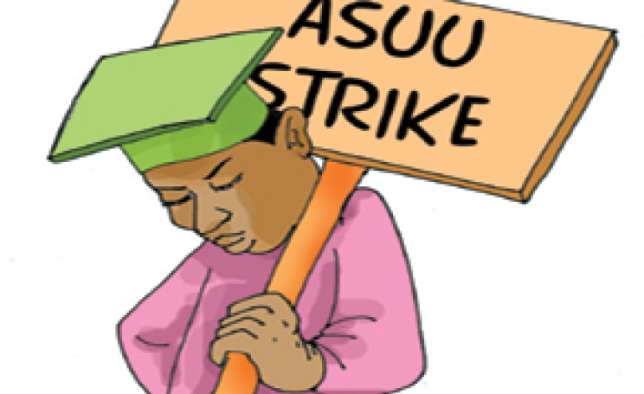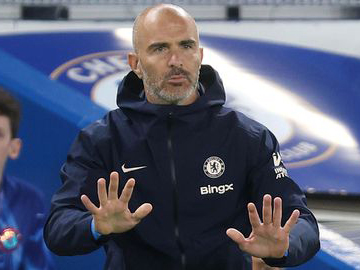The Academic Staff Union of Universities (ASUU) has extended its over five months old strike action by another four weeks.
Its National President, Professor Emmanuel Osodeke in a statement today, said the decision to further extend the strike is to enable the Federal Government satisfactorily resolve all the outstanding issues raised.
This was sequel to an emergency meeting of the National Executive Council of the Union held at the Comrade Festus Iyayi National Secretariat, University of Abuja, Abuja, yesterday.
A cross section of University students while commenting on the prolonged industrial action, expressed regret while some said it comes with its good side to them.
It would be recalled that the striking lecturers shut down public universities on February 14, 2022, following the inability of the Federal Government to implement a Memorandum of Action entered into by the two parties in 2020.


















